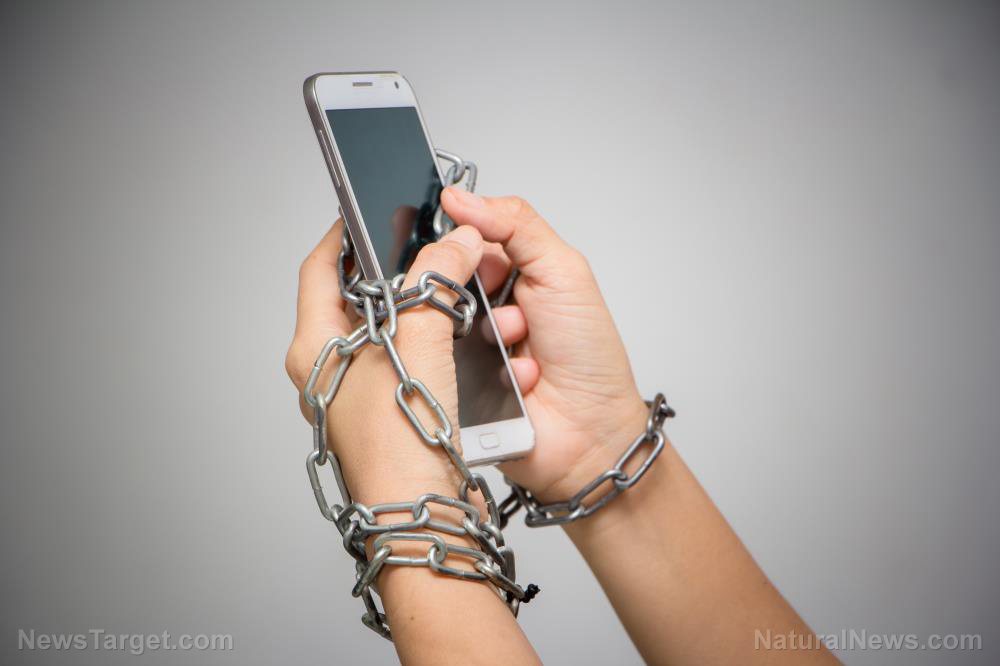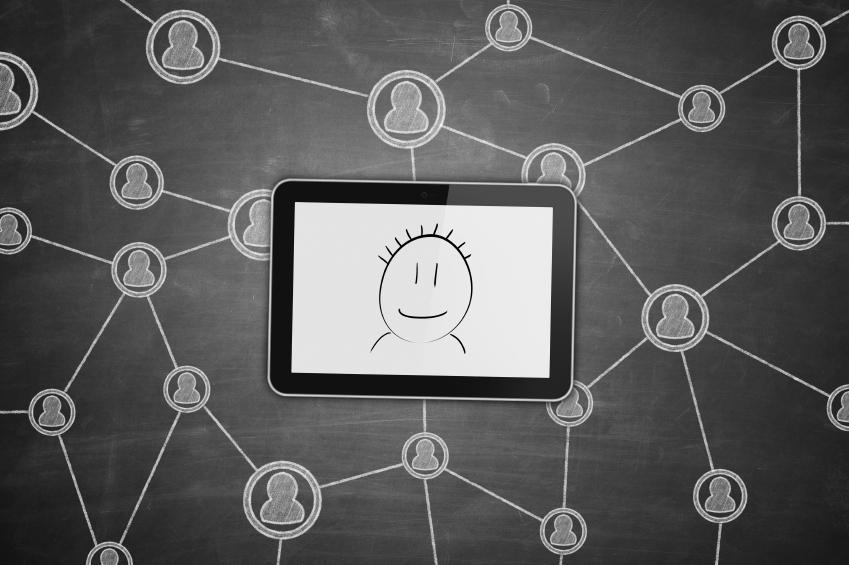US border patrol agents now searching cell phones
03/23/2017 / By Jayson Veley

As a nation that believes heavily in justice and the rule of law, it is important for us to support our law enforcement and border patrol agents. Without these brave men and women putting their lives on the line, our country would be a lot less safe than it is today, and it would be impossible for average Americans to go about living their day to day lives in peace. However, like in every other business and institution in the country, there are occasionally cases where law enforcement agents abuse their power, even if their intentions were pure.
Akram Shibly and his girlfriend Kelly McCormick returned to the United States after a trip to Toronto on January 1 of this year. Upon their reentrance into the country, U.S. Customs and Border Protection officers detained them for two hours and demanded the passwords for their cellphones.
Shilby, who is a 23-year-old filmmaker from New York, said, “It just felt like a gross violation of our rights.” Regardless, Shilby and McCormick decided it would be wise to just hand over their cellphones to be searched and avoid any further trouble with the law.
But just three days later, on their way home from yet another trip to Canada, the couple was stopped again by CBP. “One of the officers calls out to me and says ‘Hey, give me your phone,’” Shilby explained. “And I said ‘no, because I already went through this.’” Seconds later, Shilby found himself completely surrounded. Allegedly, one of the officers held his legs while another officer wrapped his hands around his throat. A third officer then pulled Shilby’s cellphone out of his pocket.
Not wanting to escalate the situation, McCormick decided to hand over her cellphone once more.
But this wasn’t the first time that border patrol agents have gone a bit too far. In an examination of 25 cases by NBC News, American citizens shared stories similar to the ones told by Akram and Kelly. The Americans that were looked at were very diverse in terms of where they were traveling from, how they were traveling, and how old they were. None of them were on terror watchlists, yet according to NBC News, all of them were detained and questioned for hours upon entering or leaving the United States.
It is worth noting, however, that of the 25 cases that were examined, 23 of them involved Muslims like Shilby, whose parents are from Syria.
While the actions of these border patrol agents may seem extreme on the surface, their intentions weren’t bad. It is unlikely that the agents in these 25 cases did what they did out of some kind of unjustified hatred towards certain groups of people. Their job is to keep Americans safe, and unfortunately that can at times make them seem like bad people.
Still, the debate between security and privacy rages on. According to data from the Department of Homeland Security, searches of cellphones by border patrol agents has increased fivefold in just one year, from less than 5,000 in the year 2015 to almost 25,000 in 2016.
This past February alone, a total of 5,000 cellphone devices were confiscated and searched, more than the number of phones searched in the entire year of 2015.
Mary Ellen Callahan, the former chief privacy officer at the Department of Homeland Security, called the revelations “shocking.” She added that the increase “was clearly a conscious strategy, that’s not happenstance.”
Oregon Senator Ron Wyden, a Democrat, also expressed concern over the increase in cellphone searches by border patrol agents. “This really puts at risk the security and liberty of the American people,” he said. “Law abiding citizens are being caught up in this digital dragnet.”
Sources
Tagged Under: Border Patrol, Immigration, Liberty, national security, privacy




















